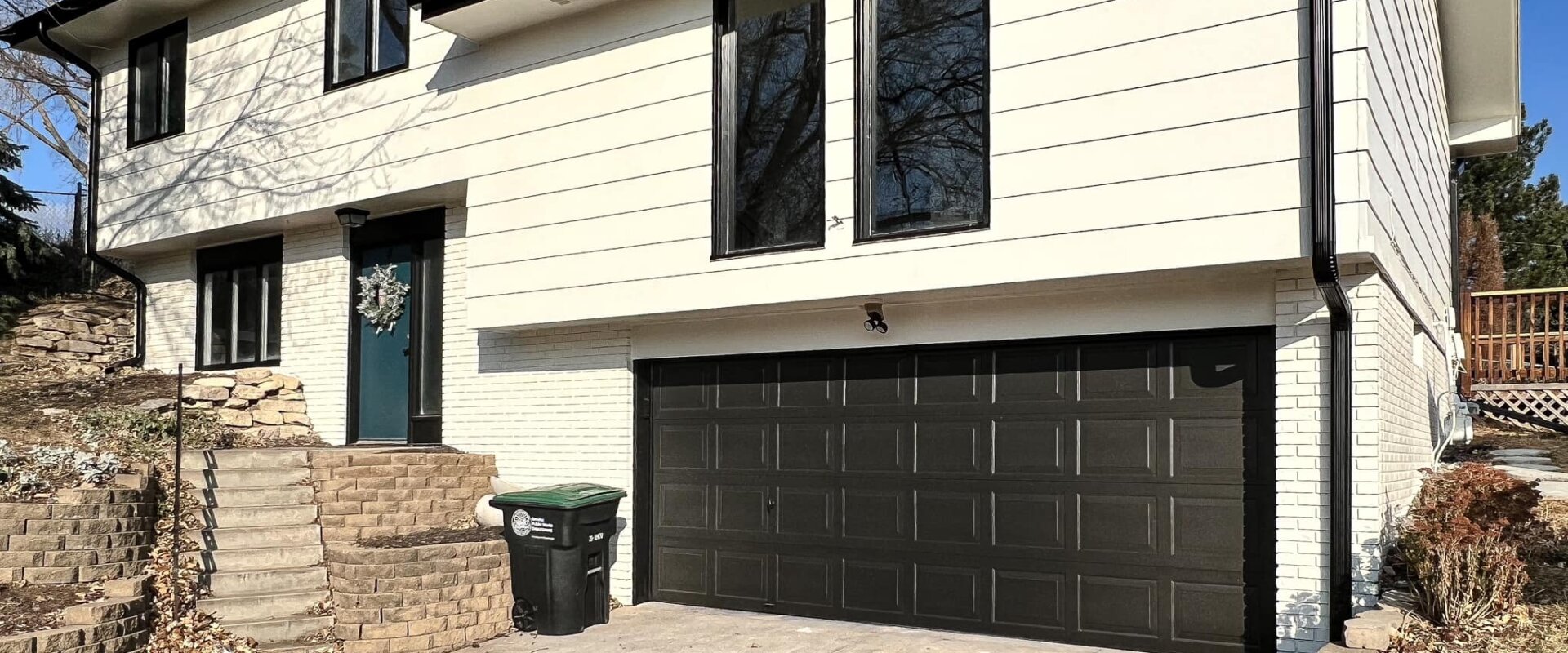Buying a home isn’t just a personal milestone—it’s also a long-term financial investment. That’s why it’s important to think about what happens to your home if something unexpected occurs. Whether you’re planning for the future of your family or just want to avoid complications later, estate planning plays a key role.
Here’s a simple guide to help homeowners in Omaha understand how estate planning affects real estate—and why it matters.
What Is an Estate Plan—and How Is It Different from a Will?
A will outlines who inherits your property after your death. But estate planning goes beyond that. It includes a set of legal tools that can protect your assets, your healthcare wishes, and your financial decisions—both during your lifetime and after.
A full estate plan may include:
- A will
- Trusts
- Durable power of attorney (allowing someone to act on your behalf)
- Healthcare directives
Each document plays a different role and helps ensure your wishes are honored. An estate attorney or financial advisor can help you tailor a plan that fits your situation and complies with Nebraska laws.
When Should You Start Estate Planning?
There’s no “perfect” time—but sooner is always better. Key life events like getting married, having children, buying a home, or starting a business are strong signals that it’s time to create or update your plan.
Having your legal affairs in order helps your loved ones avoid unnecessary stress and confusion down the road.
How Does Homeownership Impact Estate Planning?
Your home is likely one of your most valuable assets, so it should be a central part of your estate plan. Important factors include:
- How the property is titled (individual, joint ownership, etc.)
- Whether there is a mortgage
- If the property is co-owned
Understanding how your home is listed on the deed—and what happens if you’re no longer around—is critical to ensuring your wishes are carried out.
What Happens if You Put a Home in a Trust?
Placing your home in a trust allows it to be passed directly to your heirs without going through probate, the court process used to settle an estate. Probate can be lengthy, expensive, and public. A trust can help:
- Speed up the transfer of property
- Reduce legal fees
- Maintain privacy for your family
Consulting with an estate planning professional can help determine whether a revocable or irrevocable trust is right for you.
Can You Pass on a Home Without a Will or Trust?
Some states, including Nebraska, allow for a Transfer on Death (TOD) deed, which names a beneficiary to receive your property when you pass. This tool avoids probate and is relatively simple to set up.
However, make sure your property records are accurate and up to date—especially if you’ve changed your name, refinanced, or made ownership changes.
What If You Don’t Have a Plan?
If you die without a will or estate plan, your property will be distributed according to Nebraska’s intestacy laws. That could mean:
- Family members inherit in an order determined by the state
- Your home is sold to settle debts or legal issues
- Long delays in transferring ownership
- Potential disputes among relatives
In some rare cases, if no heirs can be located, the property could become state-owned. A basic estate plan helps avoid all of this—and gives you control over what happens next.
What About Mortgages or Property Debts?
Outstanding mortgages and liens don’t go away when the homeowner passes. If you’re planning to leave the home to someone who may struggle with the financial responsibility, consider:
- Whether they’ll be able to refinance
- If they’ll need to sell the property
- How property taxes and insurance might impact affordability
Planning ahead can prevent the loss of the home or unexpected financial burdens on your heirs.
Do Estate or Inheritance Taxes Apply?
Depending on the value of your estate and where you live, taxes may come into play. Here’s a general breakdown:
- Estate taxes are charged against the estate itself
- Inheritance taxes are paid by the people who receive your assets
Nebraska does have an inheritance tax, though rates and exemptions vary by the relationship between the deceased and the heir. Federal estate taxes generally only apply to high-value estates. Since tax laws change frequently, it’s best to consult a tax advisor or estate attorney to ensure your plan is current.
Final Thoughts
Estate planning may sound intimidating, but it’s really about protecting your assets, minimizing confusion, and providing peace of mind for your family. Your home is a key part of that picture.
Whether you’re a long-time homeowner in Omaha or just purchased your first property, creating a solid estate plan can help ensure your investment continues to benefit those you love.
Need help planning what happens to your home?
Reach out to Kaizen Property Solutions or a trusted estate planning professional to start the conversation today.

